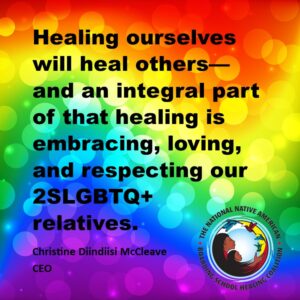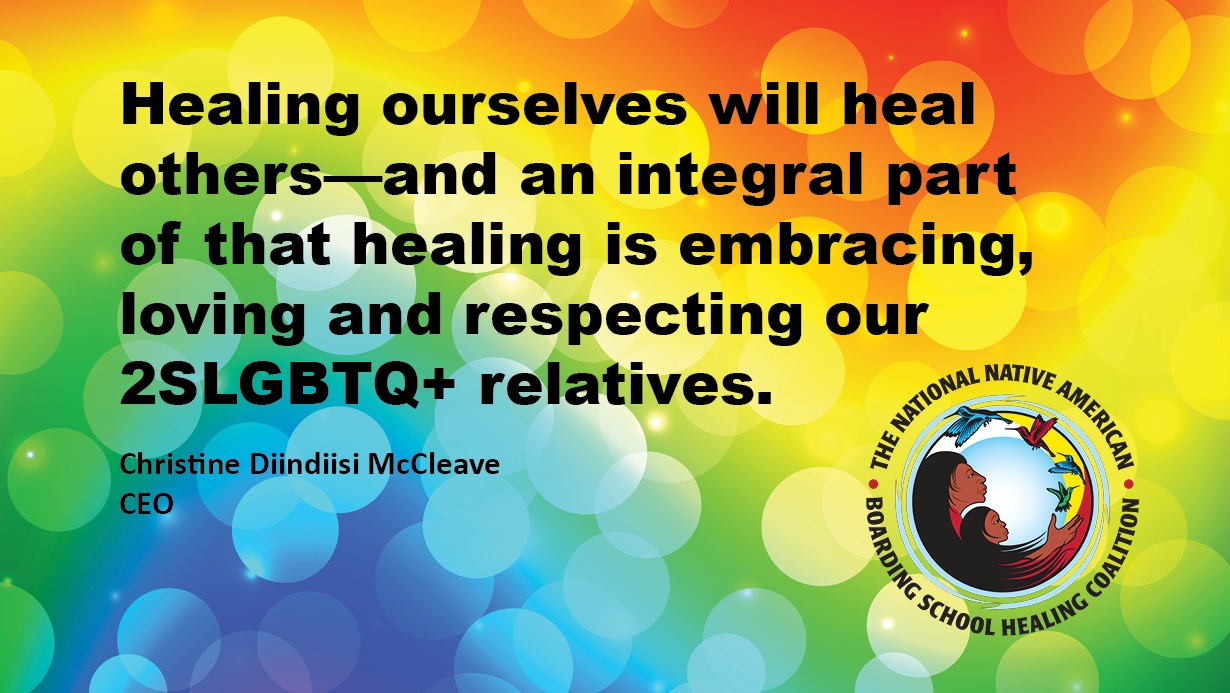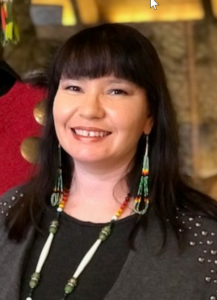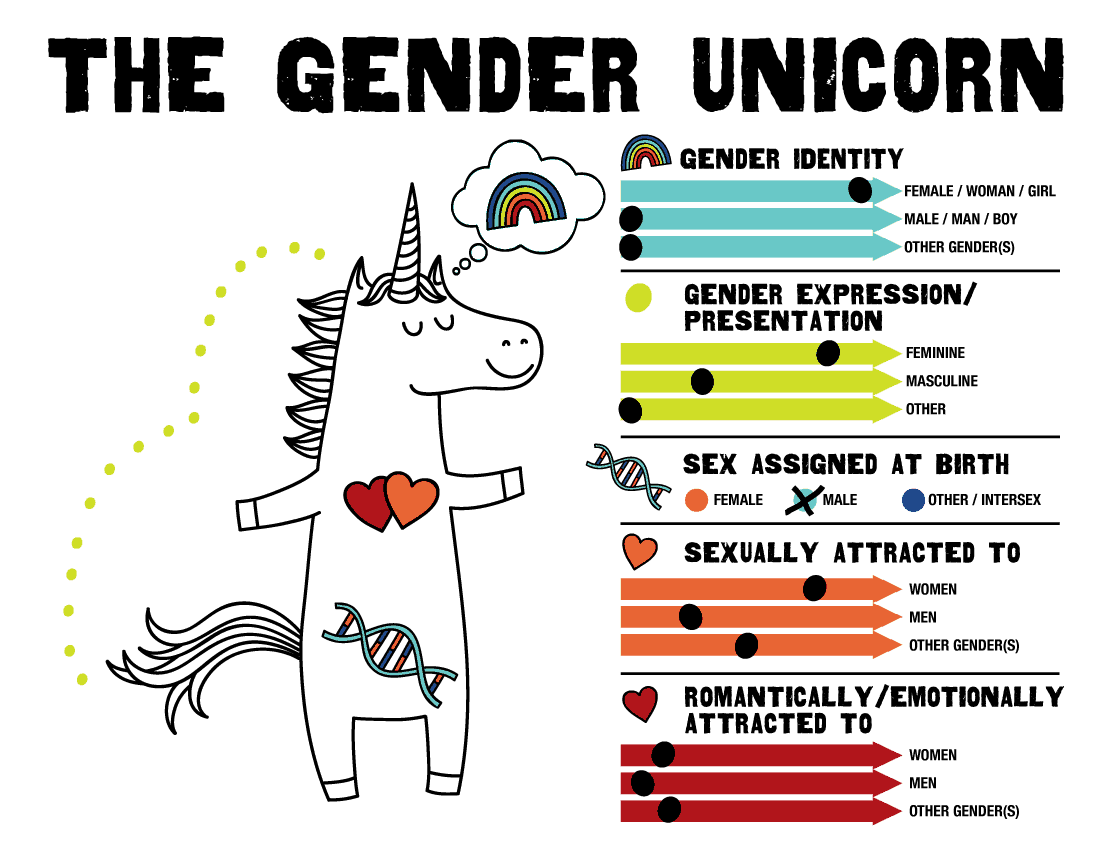Dinawe maaganinaadog! Greetings, my relatives!
As we near the end of Pride Month, I’m writing to you to lift up and celebrate all our Two Spirit* and Native lesbian, gay, bisexual, transgender, queer, nonbinary, gender-fluid, pansexual, intersex, and asexual relatives (2SLGBTQ+**)—and to call for healing in our attitudes about gender and sexuality.
Prior to forced conversion to Christianity and Western culture, many tribes didn’t see gender as strictly binary. Instead, they included a variety of genders we now refer to as Two Spirit. In Ojibwe, for example, we have words that allow for fuller gender expression: Iikwekinazo means a man that functions as a woman, and Ininikinazo means a woman that functions as a man. These diverse descriptions predate colonization and boarding schools, and they show how the binary concept of gender was not part of our traditional ways. It was imported by colonial settlers.
In fact, our Two Spirit relatives were often revered. They held sacred positions in our societies and ceremonies. They were honored for their unique perspectives as the embodiment of both man and woman or male and female. They were respected for the wisdom, love, and life they brought through the creative expression of their extraordinary spirits. Unfortunately, European colonization changed all that. But now it’s time we return them to their proper place of honor.
My Story
I’m also writing to you to share what Pride means to me and how it has affected my own healing journey. Trauma has definitely been passed down in my family when it comes to traditional sexuality, specifically due to boarding school experiences.
Personally, I like to think of gender and sexuality in terms of The Gender Unicorn. Developed by Trans Student Educational Resources, this user-friendly guide can help anyone understand the full spectrum of human sexuality and gender. I’ve even used it to teach my children about the beautiful rainbow of gender and sexual expression!
Sadly, however, healthy attitudes about gender and sexuality were not passed down in my family. My grandfather attended Marty Catholic Indian School, but he was by no means Catholic. Truthfully, he wanted absolutely nothing to do with the Catholic Church after his experiences there. Yet, when my Uncle Larry (his own first-born son) came out as a gay man, my grandfather completely disowned him. This was the direct result of what my grandfather learned at boarding school—the rhetoric that homosexuality is a sin. Tragically, when I was in high school, my uncle was murdered in Minneapolis. Adding to the heartbreak, my grandfather never got to make peace with his son, and my mother was devastated at the loss of her beloved brother.
In our Ojibwe ways, my mom’s brother was not only my uncle, but also a father to me. I grew up in Minneapolis around Loring Park with him and other gay, Two Spirit, and Native nonbinary role models that I looked up to. My uncle Larry was taken too soon from us, and I miss him. Pride Month is hard for me, not only because I’m still grieving his absence, but also because our 2SLGTBQ+ relatives still face discrimination and such tragic hate crimes to this day.
I have encountered many people in the Native community and elsewhere who shamed nonconforming sexuality. In various churches, I heard people say it was a sin, and they even condoned conversion therapy. I have also met my fair share of people who were sexually abused by same-sex/gender peers, family members, or clergy, and those painful experiences over time turned into homophobia. When gay marriage rights were affirmed by the U.S. Supreme Court in 2015, there were still many Native communities not supporting our 2SLGBTQ+ relatives. Only just this week, my tribal nation began moving to allow gay marriage within our sovereign government.
 The Healing Our Communities Need
The Healing Our Communities Need
In my master’s thesis on traditional Native American spirituality, Christianity, and the legacy of boarding schools in spiritual activities, I found that the trauma of forced conversion to Christianity has left many fissions in our families and communities, even today. The path to healing this painful legacy begins with acknowledging the truth about how colonization changed our values and cultures—including our traditional attitudes about sexuality and gender. It’s time we face the hard truths about the harm that has been done. And as the world starts to listen to what we as Indigenous people have to say about racial equality, let’s not forget to dig out all the roots of injustice and bigotry that the oppressors taught us, both in boarding schools and in society at large. Healing ourselves will heal others—and an integral part of that healing is embracing, loving, and respecting our 2SLGBTQ+ relatives.
Christine Diindiisi McCleave (Turtle Mountain Ojibwe)Executive Director
(Bio)
*It’s important to note that the term Two Spirit is a uniquely Native American, Pan-Indian term, and it should never be used by non-Indigenous LGTBQ individuals. Non-Native adoption of a two-spirit identity would be inaccurate, and it would constitute cultural appropriation.
** Two Spirit (2S) is named first to acknowledge the sovereign, Indigenous people of Turtle Island, who organically embraced and honored nonbinary genders for millennia prior to the arrival of colonial settlers — and to honor the sacred Two Spirit people, who remain today despite centuries of deliberate and violent attempts at erasure.


